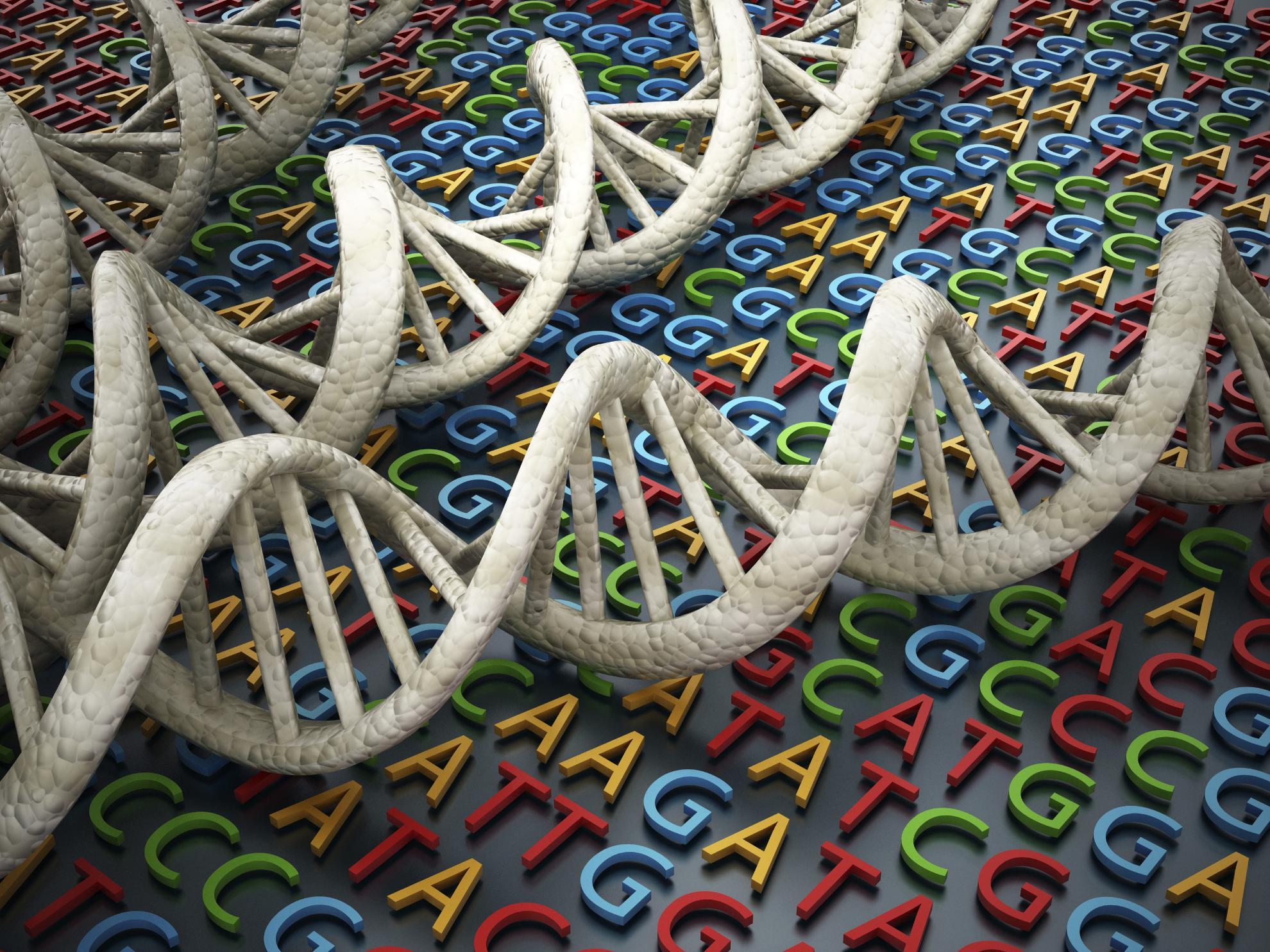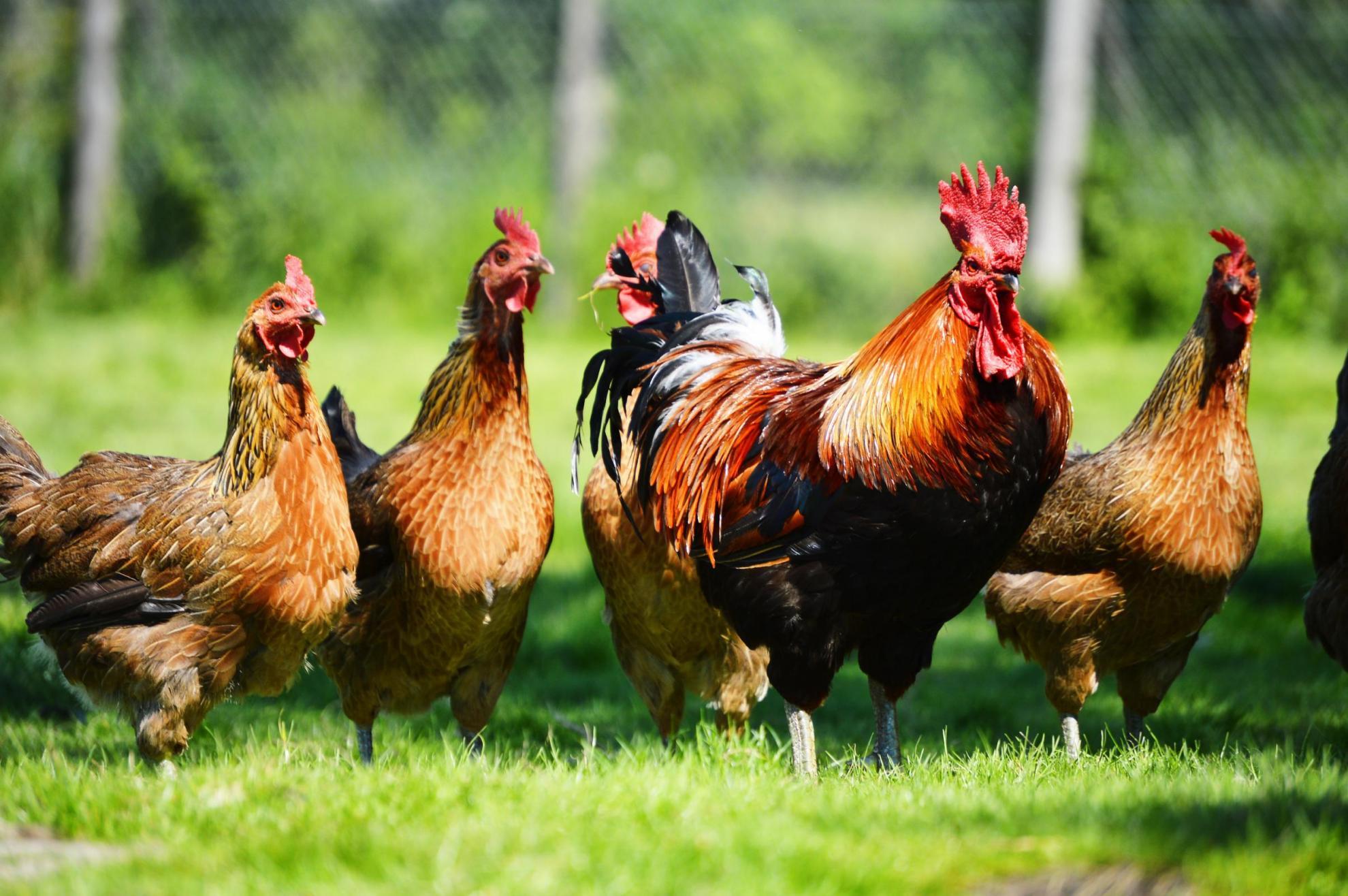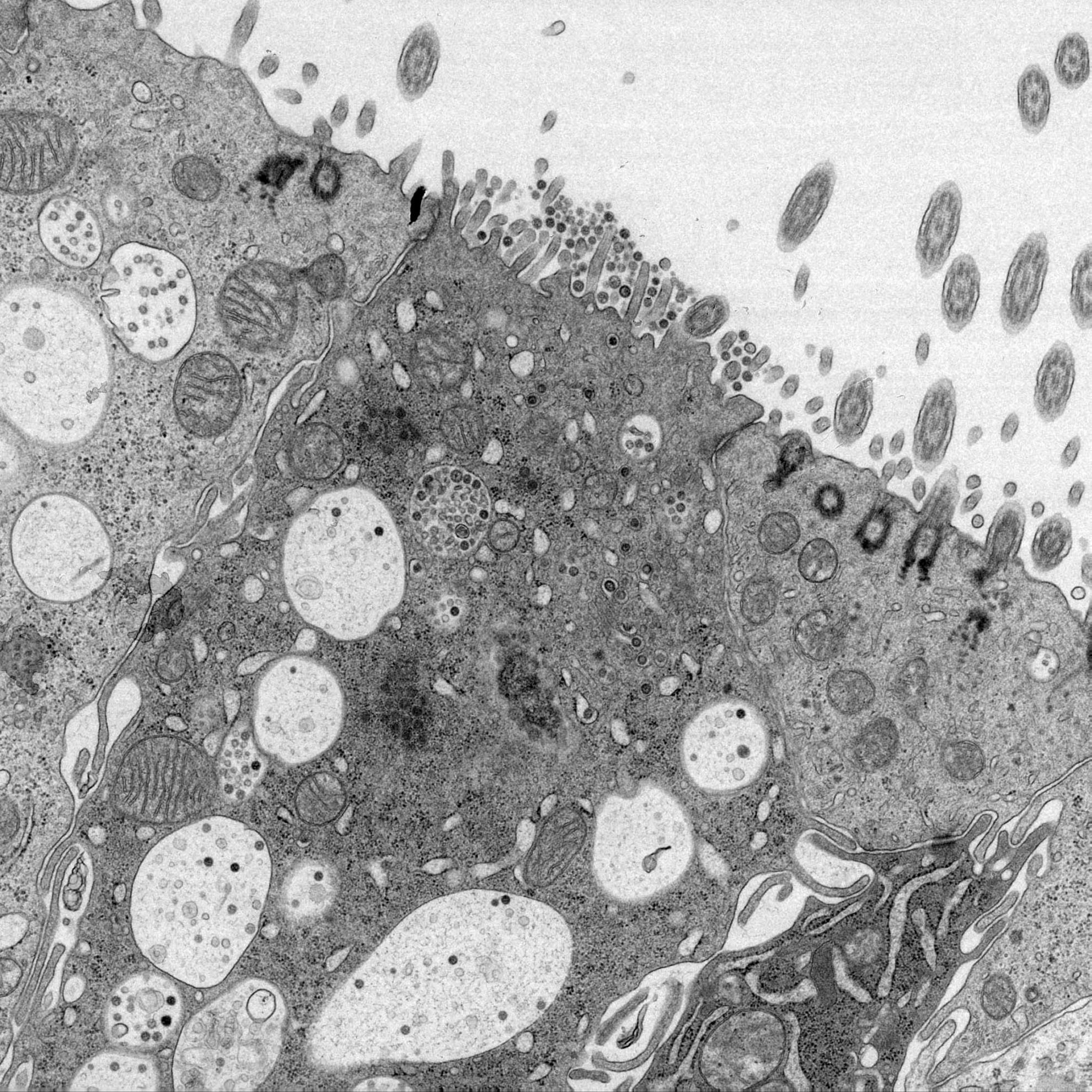Identification of amino acids within non-structural proteins 10 and 14 of the avian coronavirus infectious bronchitis virus that result in attenuation in vivo and in ovo.
The Gammacoronavirus infectious bronchitis virus (IBV) is a highly contagious global pathogen prevalent in all types of poultry flocks. IBV is responsible for economic losses and welfare issues in domestic poultry resulting in a significant risk to food security. IBV vaccines are currently generated by serial passage of virulent field isolates of IBV through embryonated hen's eggs. The different patterns of genomic variation accumulated during this process means the exact mechanism of attenuation is unknown and presents a risk for reversion to virulence. Additionally, the passaging process adapts the virus to replicate in chicken embryos increasing embryo lethality. Vaccines produced in this manner are therefore unsuitable for in ovo application. We have developed a reverse genetics system based on the pathogenic IBV strain M41, in order to identify genes that can be targeted for rational attenuation. During the development of this reverse genetics system, we identified four amino acids located in non-structural proteins (Nsps) 10, 14, 15 and 16 that resulted in attenuation in vivo and in ovo. Further investigation highlighted a role for amino acid changes Pro85Leu in Nsp 10 and Val393Ile in Nsp 14 in the attenuated in vivo phenotype observed. This study provides evidence that mutations in the nsps offer a promising mechanism for the development of rationally attenuated live vaccines against IBV, which have the potential for in ovo application. Importance The Gammacoronavirus infectious bronchitis virus (IBV) is the aetiological agent of infectious bronchitis, an acute highly contagious economically important disease of poultry. Vaccination is achieved using a mixture of live attenuated vaccines for young chicks and inactivated vaccines as boosters for layers. Live attenuated vaccines are generated through serial passage in embryonated hens' eggs, an empirical process to achieve attenuation but with retention of immunogenicity. However, there is a risk of reversion to virulence and vaccines are lethal to the embryo. In this study we identified amino acids in the replicase gene that attenuated IBV strain M41, both in vivo and in ovo. Stability assays indicate that the attenuating amino acids are stable and are unlikely to revert. The data in this study provides evidence that specific modifications in the replicase gene offer a promising direction for IBV live attenuated vaccine development, with the potential for in ovo application.


